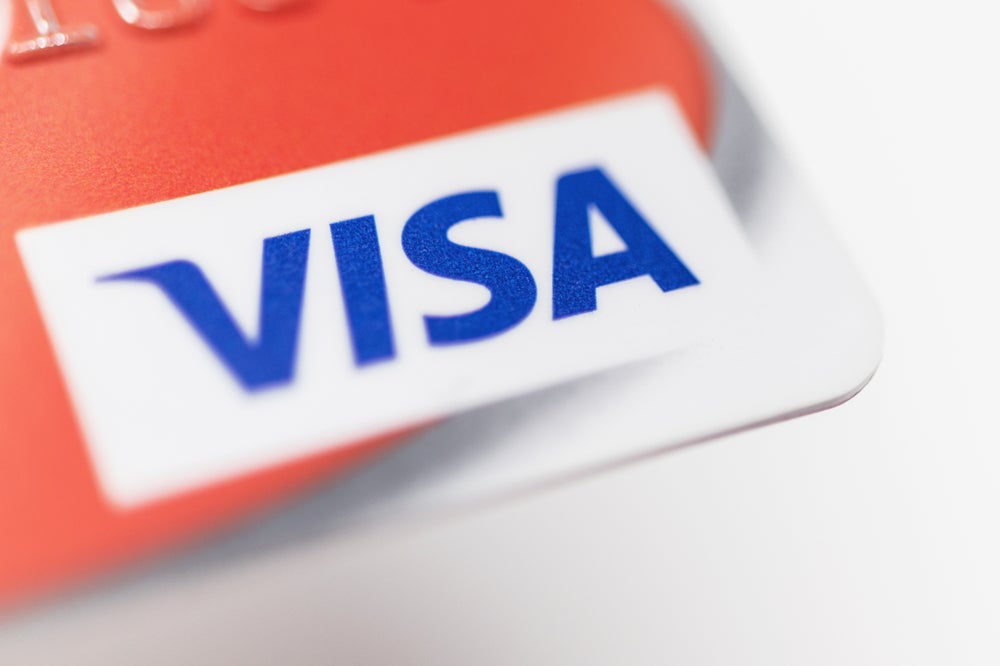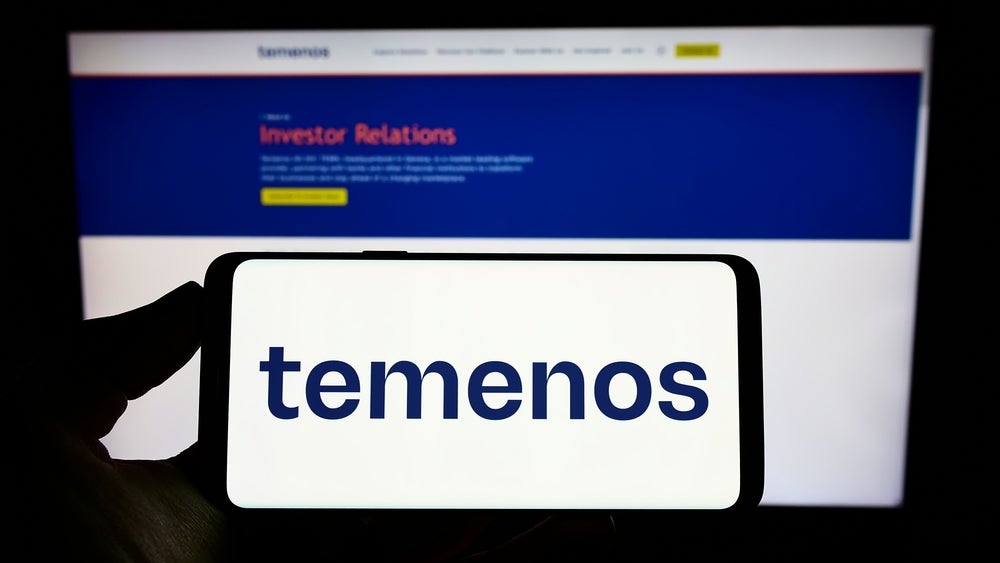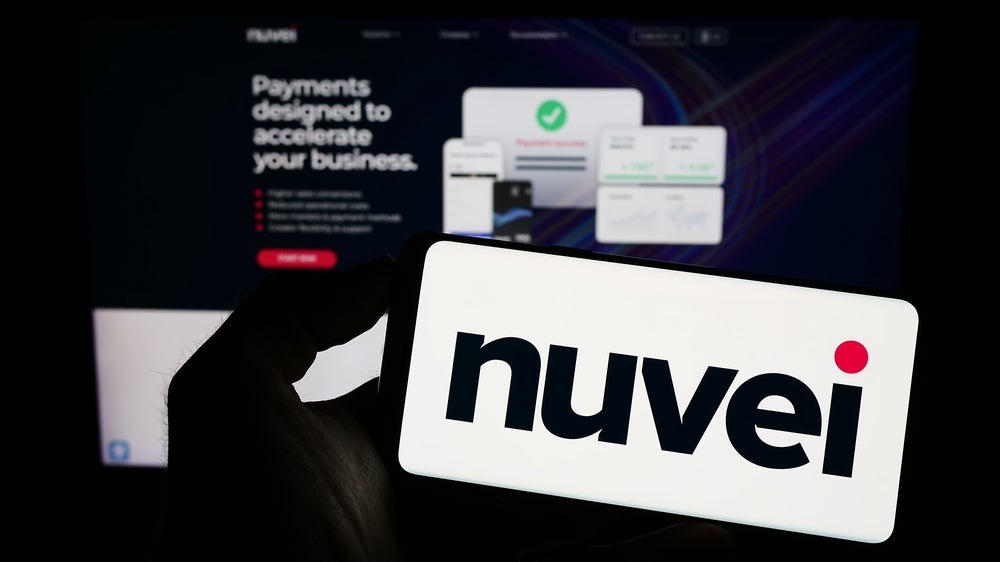Visa Europe has released its full-year results for 2007,
outlining an optimistic outlook for the next three years following
the launch of the Single Euro Payments Area. The card network
continues to post double-digit growth in terms of consumer
expenditure on Visa cards at the POS, but there were hints of a
slowdown, with the growth rate in cardholder expenditure at the POS
declining from 12.6 percent in 2006 to 11.5 percent in fiscal year
2007.
There was also a slowdown in growth of cards issued. The card
association now has 348 million cards in circulation in Europe and
issued an average of 40 cards every minute in fiscal year 2007. But
this year’s growth rate of 6.8 percent was 2 percent lower than the
2006 figure.
The SEPA was launched on 28 January. Visa Europe’s
SEPA-compliant debit scheme, V PAY, continues to gain traction,
with 22 issuing banks signed up in eight countries, issuing around
20 million cards. Increasingly, banks have sought to co-badge their
own debit card schemes with V PAY. Visa Europe’s deputy CEO,
Philippe Menier, told CI that he believes co-badging of V PAY with
domestic debit scheme cards will lead to greater transaction volume
in the years to come.
He said: “Clearly, V PAY was designed for what were formerly the
Eurocheque countries such as Germany. In these countries, you still
have domestic schemes, and some countries want to stop their
domestic scheme and start co-badging. What we will see is that
cards will be co-badged, but if it is a chip and PIN transaction it
will be a V PAY transaction; if it’s a magnetic stripe transaction
it will be a domestic card scheme transaction. What we will see in
the next three years is that V PAY will represent the majority of
transactions.”
Commercial outlook is bright
Visa Europe commercial card spending was one of the stand-out
figures in the results, although it makes up only around 2.8
percent of total Visa cards issued. At the POS, commercial card
spending increased 22.9 percent to €56.8 billion ($84 billion) in
2007, and the number of cards issued increased 20.2 percent to 9.7
million.
How well do you really know your competitors?
Access the most comprehensive Company Profiles on the market, powered by GlobalData. Save hours of research. Gain competitive edge.

Thank you!
Your download email will arrive shortly
Not ready to buy yet? Download a free sample
We are confident about the unique quality of our Company Profiles. However, we want you to make the most beneficial decision for your business, so we offer a free sample that you can download by submitting the below form
By GlobalDataMenier said the small and medium-sized business segment – which
increased 31 percent to €49 billion – had a lot of potential. He
said: “That slice of the cake is huge, basically. In the small
business segment, we have a lot of banks that do not offer the
products, so it is not a question of competition between Visa and
MasterCard – the product is simply not offered. We need to work
with them to put this product on the shelf.”
Another important area of growth for Visa was prepaid. It
launched five new prepaid programmes per week in fiscal year 2007,
taking its total to 200 programmes in 22 European countries and
some 7 million cards.
On interchange, Visa said it was still waiting for a copy of a
non-confidential copy of the European Commission for Competition’s
ruling on MasterCard. Visa’s exemption from the EC to charge a
multilateral interchange fee (MIF) expired at the end of 2007,
meaning its position is now unclear. The card association was
charging a 0.7 percent MIF and said it would continue to use that
figure for the next six months – the likely time line for
MasterCard’s initial appeal to be heard.
Menier told CI: “Nothing will happen in the next six months.
Clearly, our aim is to negotiate, because banks want to be secure
in the long term. It’s also important to enlarge this on the
domestic front because sometimes you have different rulings at
European and domestic levels. To have agreement across the board is
very important.”








